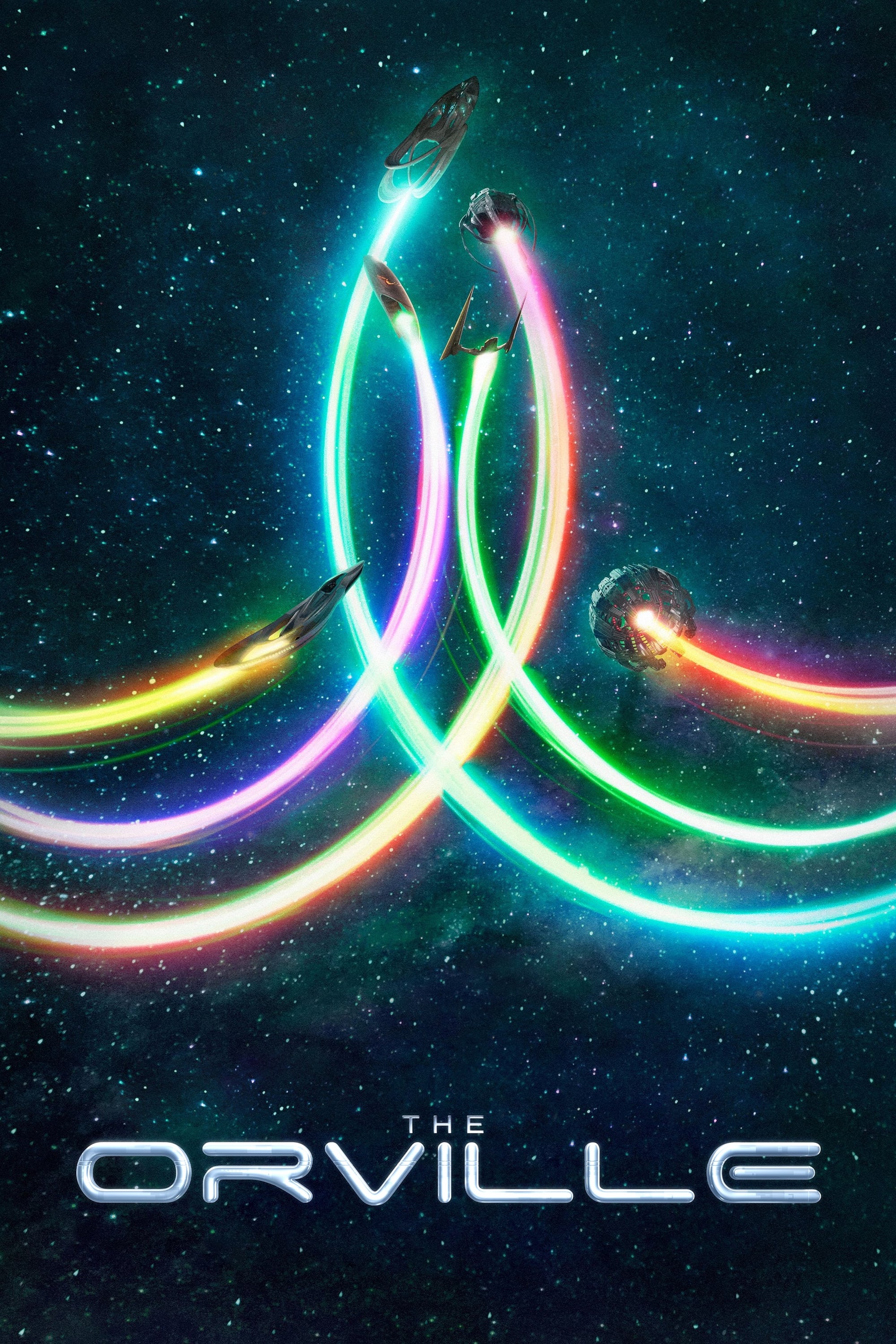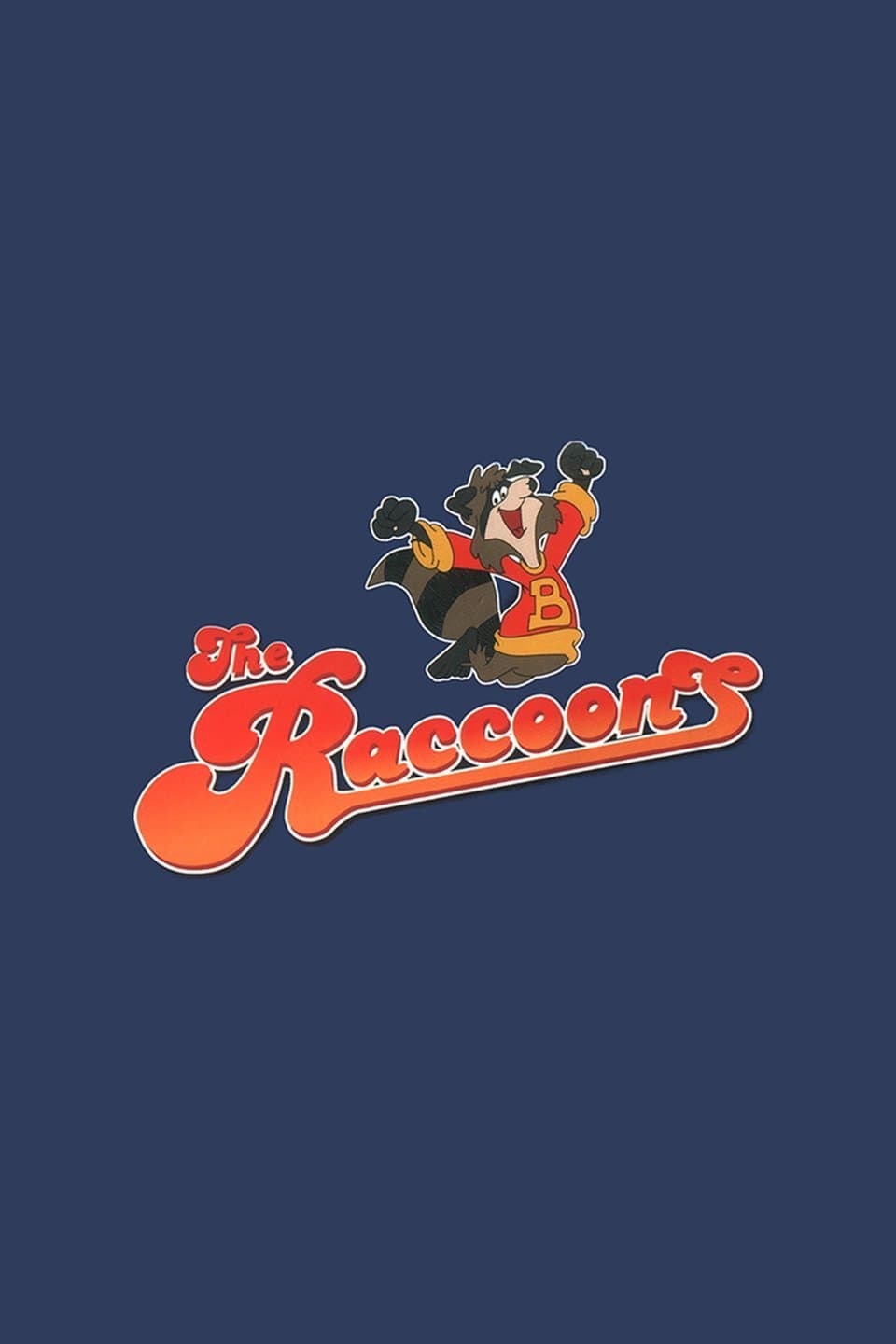![Philippe Jaroussky, Artaserse - La vanità del mondo (2020) [Official Digital Download 24bit/192kHz] Download](https://i0.wp.com/imghd.xyz/images/2022/10/16/sdtrpsmd0euna_600.jpg?resize=500%2C500&ssl=1)
Philippe Jaroussky, Artaserse – La vanità del mondo (2020)
FLAC (tracks) 24 bit/192 kHz | Time – 01:13:10 minutes | 2,72 GB | Genre: Classical
Studio Masters, Official Digital Download | Digital Booklet, Front Cover | © Warner Classics
After a recording career spanning almost twenty years, Philippe Jaroussky is looking forward. His new album, recorded in June 2020 just after France’s first Covid-19 lockdown, was conceived as a project that would complete the French countertenors previous recordings. After having already tried his hand at baroque and motet tunes, he has now decided to throw himself into Italian Oratorio. Of the 18 tracks on this record, more than one third are recording world firsts: songs by Pietro Torri, Fortunato Chelleri, Nicola Fago, Benedetto Marcello, an array of discoveries which bear witness to the 17th century’s intellectual and musical abundance as well as the first half of the century which followed it.
(more…)


























![Emöke Baráth, Artaserse, Philippe Jaroussky - Dualità (2022) [Official Digital Download 24bit/96kHz] Download](https://i0.wp.com/imghd.xyz/images/2022/03/19/q5iorj11254ma_600.jpg?resize=500%2C500&ssl=1)